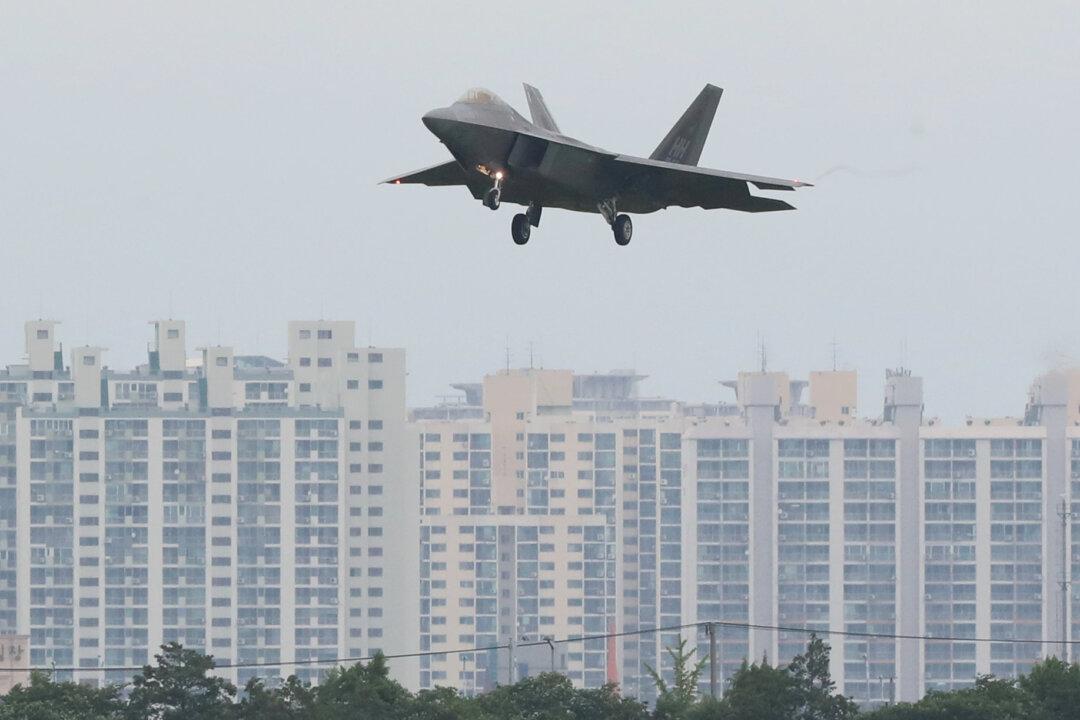SEOUL—North Korea abruptly called off high-level talks scheduled with Seoul early on Wednesday morning, citing provocation from the annual U.S.-South Korean military exercises in the south as their reason for the indefinite delay in dialogue.
However, South Korean official Cheong Wa Dae said the south is working to determine the underlying reason for North Korea’s announcement, reported Yonhap News Agency.





